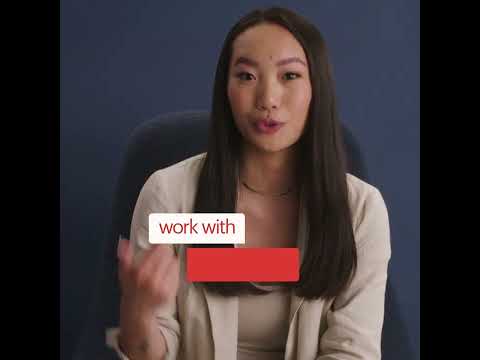Getting let go from a job is not a great feeling. We get it. If you’ve ever been laid off, you know exactly how it feels. Gutted. It’s a challenging situation. Unfortunately, post-pandemic layoffs continue to affect significant numbers of Canadians as companies tighten their belts. And finding a job after a layoff can seem daunting.
While it’s perfectly natural to feel sorry for yourself, now is not the time to dwell on the situation. It’s time to get back on the horse. Brush yourself off and take ownership of the situation. Do not focus on the past; focus on the future. Use the actionable tips below to find a new job.
take some time for reflection
But not too much time. Once you have exited from the company, it’s okay to stop and take a breath. Give yourself some time to process what has happened. A layoff is the perfect time to reassess where you are and how you want to move forward with your career.
What did you like about your job? What didn’t you like? Is there something new you have been wanting to try? Give your career objectives some serious thought.
apply for EI
If you qualify, applying for Employment Insurance (EI) will give you a financial cushion while you look for a new role. As of January 1, 2024, eligible workers can receive up to 55 percent of their earnings when they lose their job, up to a maximum of $688 per week.
Depending on the unemployment rate where you live and the amount of insurable hours you’ve built up, you can obtain EI from 14 weeks up to 45 weeks.
create a job search plan
So, what is your plan for finding a job after a layoff? Based on your time reflecting, put together a plan to help you reach your objectives. What type of job are you going for? Do you need to acquire additional skills? Are there certain companies you would like to work for in the future?
Don’t forget to give yourself a schedule so you can maximize your time. How many hours per week will you dedicate to your search? Which days? What tasks do you need to accomplish?
shore up your references
Depending on the reason for your layoff, you still may want to ask for a reference. If you were fired, a reference may not be possible. But if you were laid off because a company is going out of business, or downsizing, ask for a reference if you believe it will help you with your job search. Now is also the time to connect with previous references to let them know you are looking and that they may get a call in the near future.
leverage your professional network
Who you know and are connected with can give your search a significant boost and increase your chances of success. Jump on LinkedIn, contact your professional connections and put feelers out there. Let your network know you are looking for new opportunities. You never know, one of your connections may have a lead for you.
review and update your resume and cover letter
This is an obvious one. Spend some time reviewing your resume. If it’s been a while since you looked for a job, you may need to completely overhaul your resume to catch the eye of hiring managers. Update your experience, skills and focus to reflect your new job search goals.
Also, don’t forget to update your LinkedIn profile!
connect with a recruiter
Whether you are just starting your search or are looking for a leg up, working with a recruiter is a great resource for finding a job after a layoff. Recruiters can help you refine your search and connect you with employers in your area.
No one wants to be let go from a job, but it happens to the best of us. The key is how you react. It’s time to take action.
looking for a new job right now?
We post hundreds of new jobs on a daily basis. Check out the latest ones.
browse jobs






